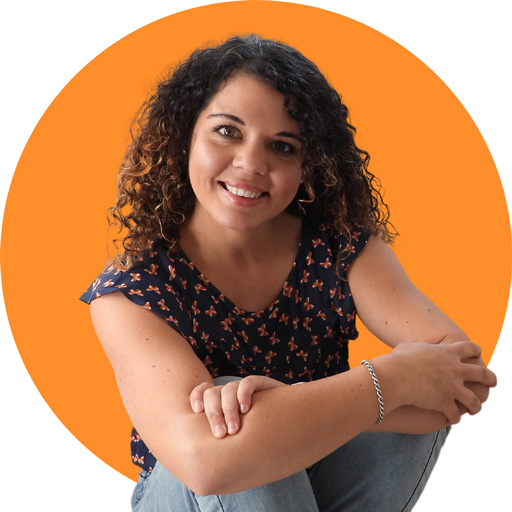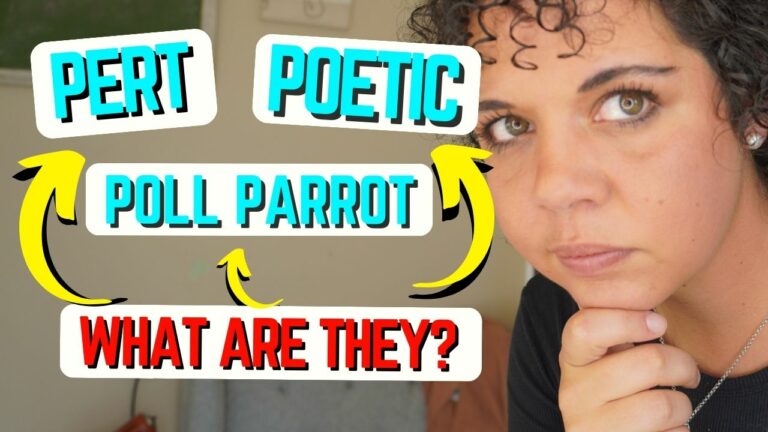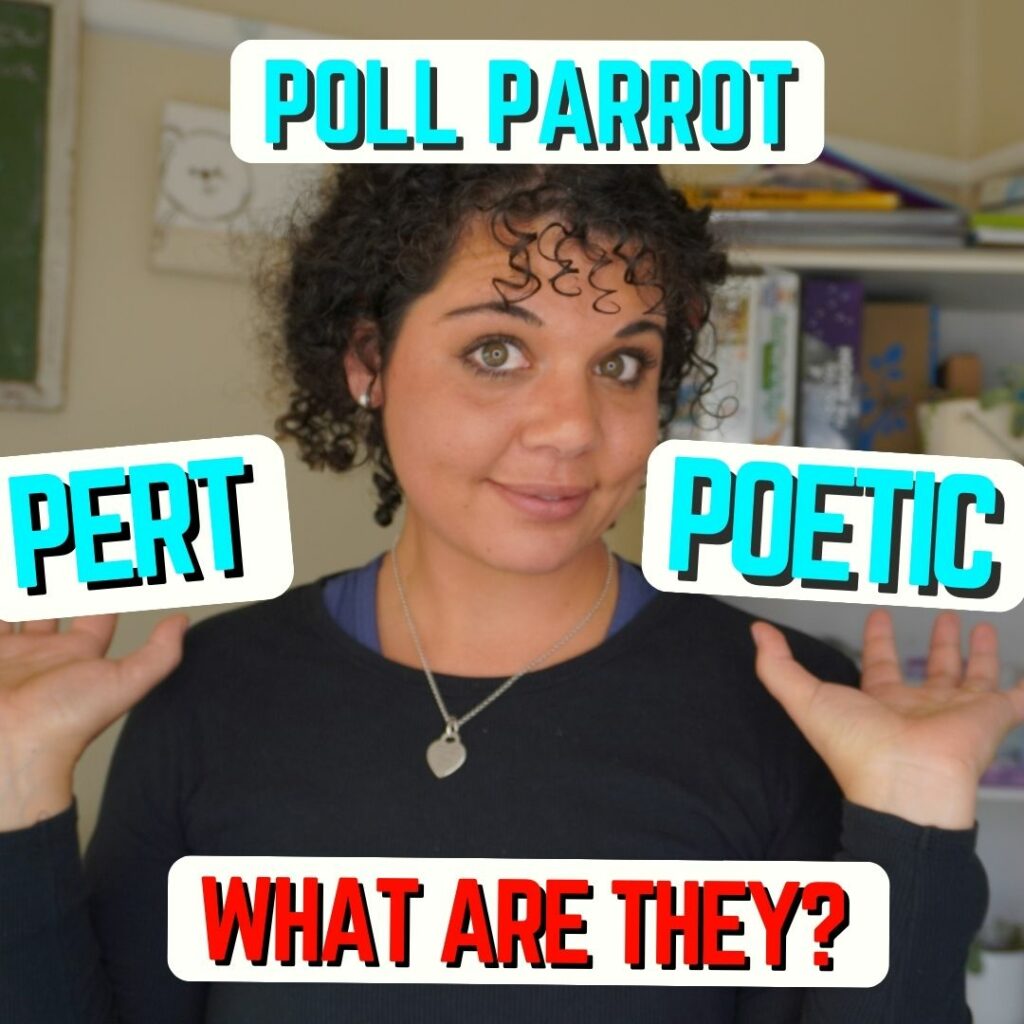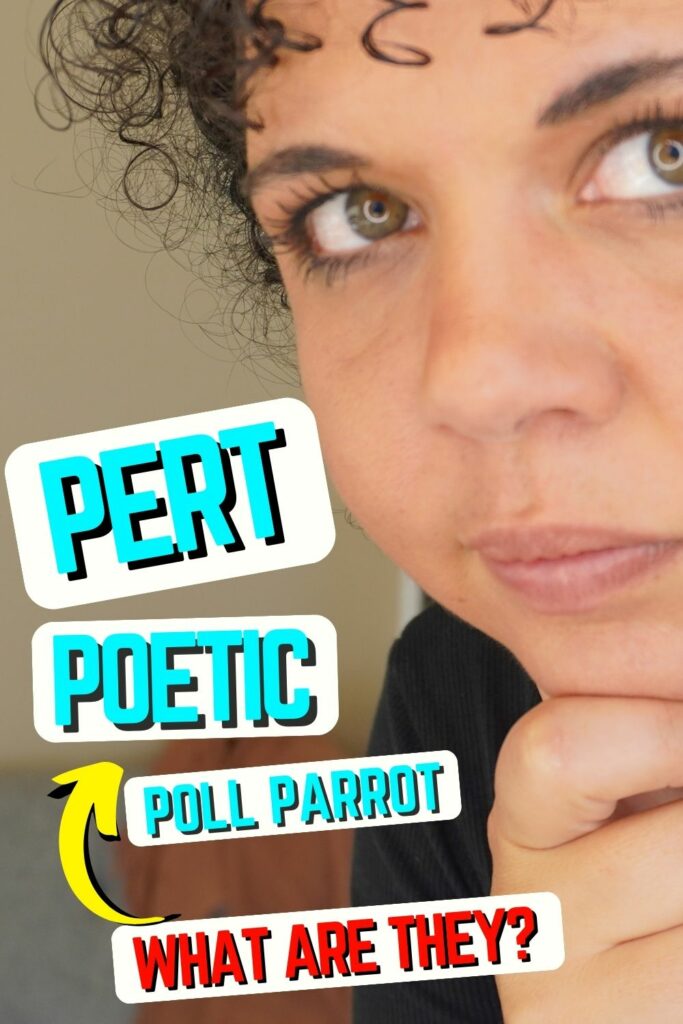In today’s fast-paced world, classical education often goes unnoticed amidst the abundance of easily accessible information. However, its timeless wisdom and richness remain invaluable. Unlike modern education, which tends to prioritize specialized skills, classical education takes a holistic approach, nurturing not only knowledgeable individuals but also virtuous and well-rounded citizens. This article explores the enchanting world of classical education, where literature, philosophy, and language serve as the bedrock of intellectual development. We delve into the significance of Poll-Parrot, Pert, and Poetic Phases—three fundamental elements that define this age-old approach to learning.

I hope you enjoy reading this blog post. If you want to do my course on how to homeschool, click here.
At the end of the article, we’ll also look into classical homeschool curriculum options you can get further down the page (including a free consultation with Veritas Press).
What is the Poll-Parrot Stage?
The Poll-Parrot stage (played out in classical education in the grammar stage), often observed during early childhood, is a crucial phase in classical education where children naturally gravitate towards imitation and absorption of knowledge.
At this age, typically between three to six years old, children possess an incredible capacity for memorization and mimicry.
They eagerly soak up information from their surroundings, effortlessly absorbing language, songs, and stories.
In the Poll-Parrot stage, children engage in activities such as reciting nursery rhymes, memorizing poems, singing songs, and imitating sounds and gestures.
They develop a love for language and demonstrate an innate curiosity to explore the world through their senses.
An Example of the Poll-Parrot Stage
For example, during this stage, children may joyfully repeat rhymes, engage in dramatic play, and imitate the actions and mannerisms of others.
The Poll-Parrot stage sets the foundation for later stages of classical education, nurturing a love for learning and fostering a strong base of knowledge upon which future intellectual growth can be built.
What is the Pert Stage?
The Pert stage (played out in classical education in the logic stage), typically during middle childhood, marks an important transition from the Poll-Parrot stage in classical education.
Children at this stage, generally between the ages of six to twelve, exhibit a heightened sense of curiosity and a growing capacity for logical thinking.
In the Pert stage, students move beyond the pure absorption of knowledge and begin to question and engage with the subjects they encounter actively.
They develop an eagerness to explore various topics, ask insightful questions, and seek deeper understanding.
During this stage, children may engage in activities such as conducting experiments, exploring the natural world, solving puzzles, and engaging in structured debates or discussions.
They acquire foundational skills in reading, writing, and mathematics, which serve as tools for further exploration and discovery.
An Example of the Pert Stage
For example, children in the Pert stage may delight in conducting science experiments, analyzing historical events, participating in math problem-solving challenges, and engaging in structured debates on various subjects.
The Pert stage nurtures critical thinking, analytical reasoning, and independent thought, empowering children to develop a well-rounded understanding of the world and their place within it.
 What is the Poetic Stage?
What is the Poetic Stage?
The Poetic stage (played out in classical education in the rhetoric stage), also known as the stage of adolescence, is the final stage after the poll-parrot and pert stages.
It is the pinnacle of the trivium.
Typically occurring between the ages of twelve to eighteen, this stage focuses on the cultivation of a deep appreciation for beauty, the refinement of communication skills, and the exploration of abstract ideas with schole.
In the Poetic stage, students transition from absorbing knowledge to expressing themselves creatively and critically evaluating the world around them.
They develop a love for literature, art, music, and philosophy, seeking to understand the complexities of human existence and engage in meaningful self-expression.
During this stage, students may immerse themselves in reading and analyzing classical literature, composing original poems and essays, exploring the visual arts, participating in philosophical discussions, and studying the works of great thinkers.
Throughout all three stages, many books are read and children are trained, in classical education, upon ‘great books‘.
An Example of the Poetic Stage
For instance, students in the Poetic stage may analyze Shakespearean plays, write sonnets, create paintings or sculptures, engage in Socratic dialogues, and delve into the profound philosophical questions of morality and ethics.
The Poetic stage encourages introspection, aesthetic appreciation, and the development of a well-rounded individual capable of empathizing with different perspectives and contributing to the cultural fabric of society.
 How to Get a Classical Education Curriculum for a Homeschool
How to Get a Classical Education Curriculum for a Homeschool
If you want to use the classical homeschooling method in your homeschool, you don’t have to reinvent the wheel and create your own curriculum.
Instead, there are plenty of decent classical Christian education options around, such as:
- Veritas Press – great if you want more of an online program – book a free consultation with them here.
- Memoria Press – great if you prefer a mailable program
- Compass Classroom – an extremely affordable classical program with a hint of Charlotte Mason
- Classical Conversations – includes a homeschooling co-op focus
- Classical Academic Press – customize your curriculum with this one
- A Well-Trained Mind
- Tapestry of Grace – Unit Studies approach to a Christian curriculum
I’ve looked into several of these options, which can be found reviewed here, or you can look at online classical education programs here.
Subscribe to How to Homeschool (my Youtube channel!)
Have you caught the homeschooling bug?
Eager to delve deeper into the realm of unconventional education?
Well, my curious comrades, rejoice!
There are splendid avenues awaiting your exploration.
Firstly, hop on over to my YouTube channel, where a treasure trove of homeschooling wisdom awaits. From practical tips to delightful anecdotes, I unravel the mysteries of homeschooling with a touch of wit and wisdom.
Subscribe, hit that notification bell, and embark on an enlightening journey with me.
Enroll in the Homeschool Parenting Program
For those yearning for a comprehensive guide to homeschooling, look no further than my Homeschool Parenting Program.
This illustrious online course will equip you with the knowledge, strategies, and confidence to navigate the exhilarating world of homeschooling like a seasoned pro.
Enroll today and unlock the door to extraordinary educational possibilities.
Conclusion: Poll-Parrot, Pert, and Poetic Phases – Classical Education
In conclusion, classical education offers a timeless approach that nurtures well-rounded individuals with a love for learning, critical thinking skills, and a deep appreciation for beauty and culture. By embracing the Poll-Parrot, Pert, and Poetic stages, we can shape individuals who possess knowledge, character, and the ability to contribute meaningfully to society. Let us continue to cherish and incorporate the principles of classical education to inspire future generations and cultivate a brighter future.

 What is the Poetic Stage?
What is the Poetic Stage? How to Get a Classical Education Curriculum for a Homeschool
How to Get a Classical Education Curriculum for a Homeschool

